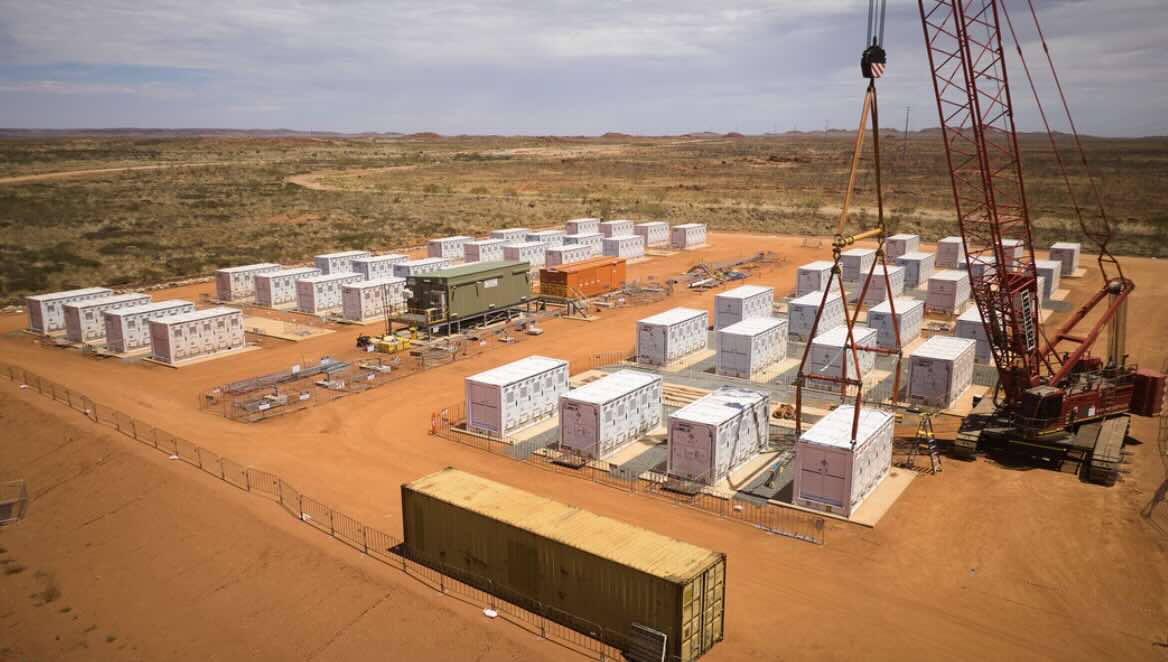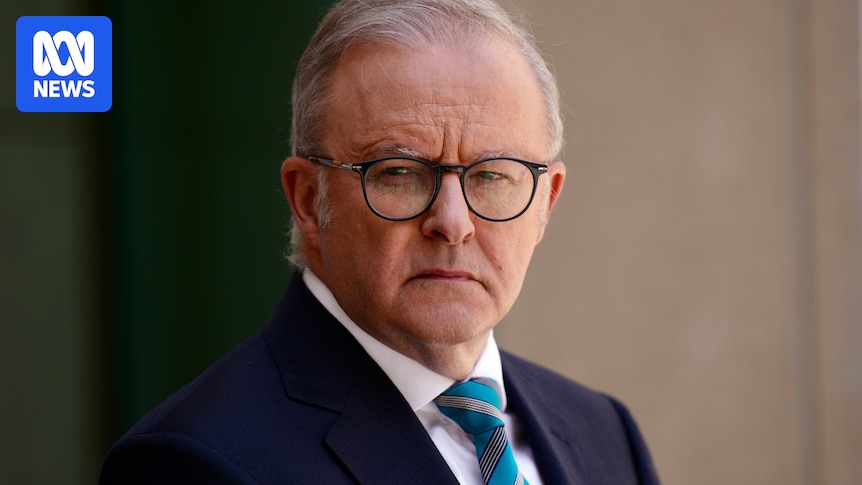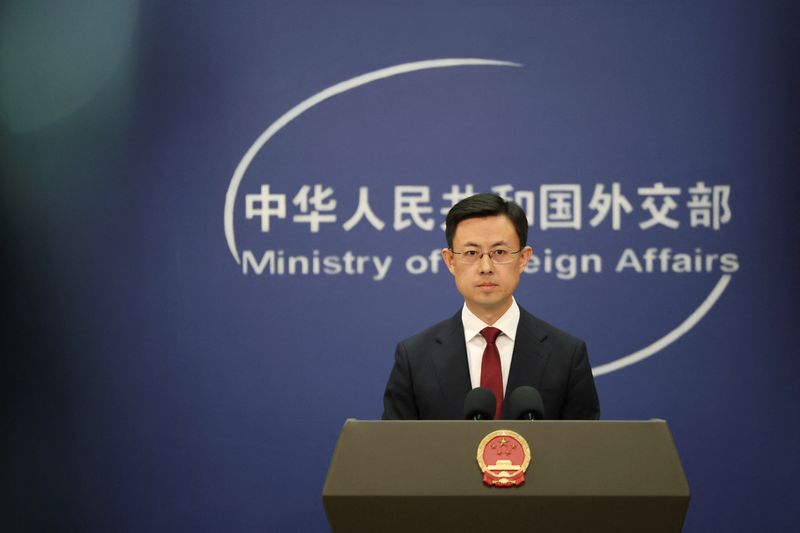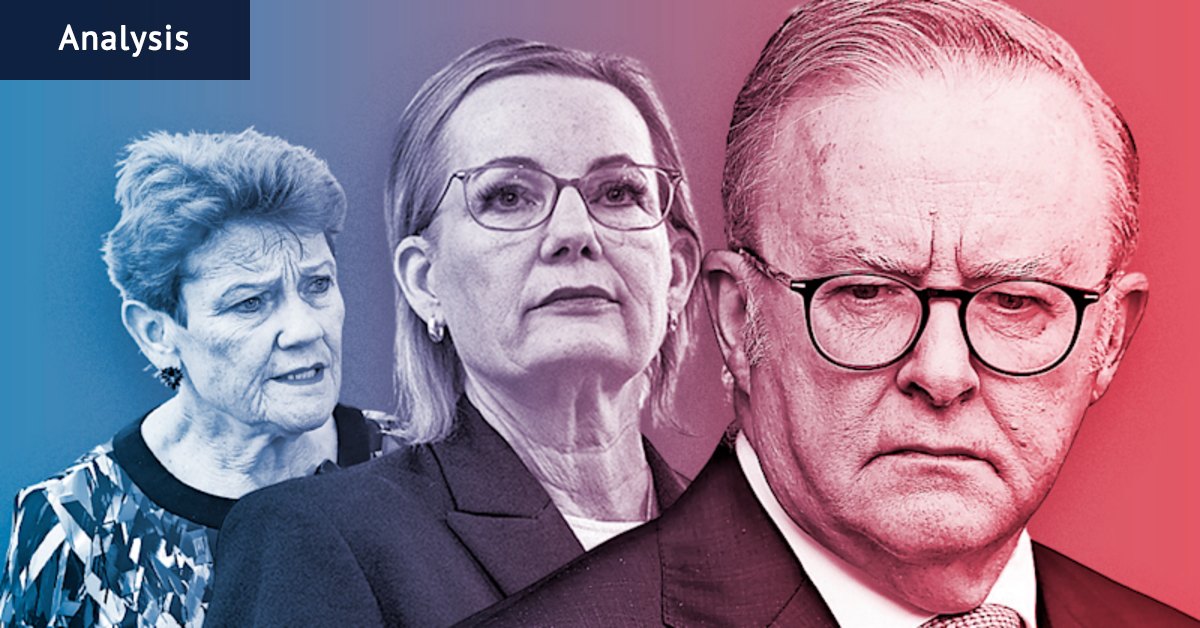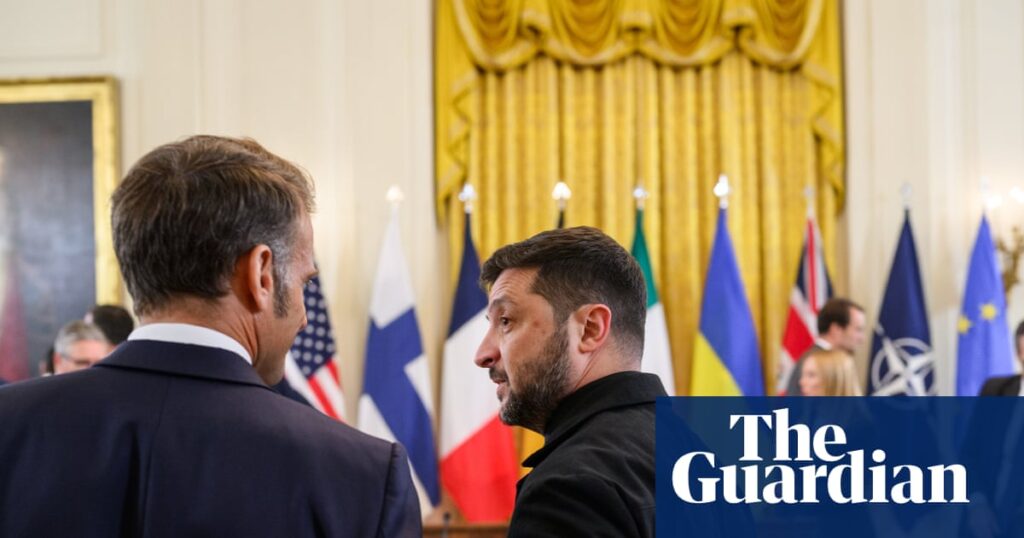
In a world where geopolitical dynamics are continuously evolving, the concept of ‘the West’ is being re-examined. Historian and author of The West: The History of an Idea, challenges the traditional notion that positions America as the leader of the Western world. Instead, he argues for a return to a Europe-centric understanding of the West, a perspective that has gained traction amidst shifting global alliances and political climates.
The historian’s extensive 12-year research suggests that the West’s core has always been in Europe, with America joining as an offshoot. This viewpoint comes at a time when the United States, under certain leadership, has shown more admiration for autocratic regimes than its traditional NATO allies. However, the historian contends that this does not signal the end of the West but rather a reconfiguration of its leadership and influence.
Historical Context: From Plato to NATO
The notion of the West has been fluid throughout history. While many associate it with the post-World War II era and the Cold War’s geopolitical alignments, its roots trace back much further. Some historians argue that the idea of the West began with the ancient Greeks, while others pinpoint its emergence in the late 19th century, driven by British imperialism and the need to define the ‘oriental East’ as a distinct ‘other’.
However, the historian’s research reveals that French writers in the 1820s were among the first to use the term ‘the West’, as they recognized that ‘Europe’ was no longer a sufficient descriptor. This was largely due to the geopolitical influence of Russia, which, by the early 18th century under Peter the Great, had become a significant force in European affairs. The fear of Russian dominance prompted a reimagining of the West as a cultural and political entity distinct from Europe.
The Role of Auguste Comte
Auguste Comte, a pivotal yet often overlooked philosopher, played a significant role in shaping the concept of the West. Comte’s philosophy of positivism emphasized the importance of a non-religious and non-ethnic definition of the West, including linguistic groups and their settler colonies across the globe. His vision was expansive, advocating for a West that could eventually encompass the entire world, not through conquest but through shared values and governance.
“Comte insisted empires should be abolished: Algeria should be given independence, the English should leave India, and each large country should split into smaller republics so they could be better governed.”
Modern Implications: Ukraine and the West
Today, the concept of the West continues to evolve, with Ukraine’s struggle against Russian influence drawing parallels to Greece’s fight for independence in the 1820s. Both nations, shaped by Orthodox Christianity, have been seen as defenders of Western values. The historian argues that Ukraine’s determination to align with the West, despite its geographical and cultural ties to Russia, exemplifies the malleability of the Western identity.
This redefinition of the West is not without its challenges. As political landscapes shift, the inclusion of countries like Turkey and Japan in the Western fold raises questions about cultural and political alignment. Yet, the historian emphasizes that the West’s strength lies in its capacity for self-criticism and adaptation, a trait that has allowed it to endure and evolve over centuries.
Common Denominators and Future Prospects
Despite its diverse interpretations, the West is often characterized by its ability to self-correct and embrace pluralism. This capacity for introspection and reform has been a hallmark of Western societies, enabling them to address past injustices and strive for a more equitable future.
“Most criticism of the West, such as anti-colonialism, has emerged from within its own value system.”
As the historian concludes, the values often associated with the West—liberal democracy, freedom of speech, and equality—are not inherently Western but universal. To ensure their continued relevance and appeal, it is crucial to frame these ideals in a way that transcends cultural and geographical boundaries.
In a rapidly changing world, the West’s future may depend on its ability to adapt and redefine itself. As new members like Ukraine assert their place within this evolving concept, the West’s legacy of resilience and innovation will likely continue to shape global narratives.

